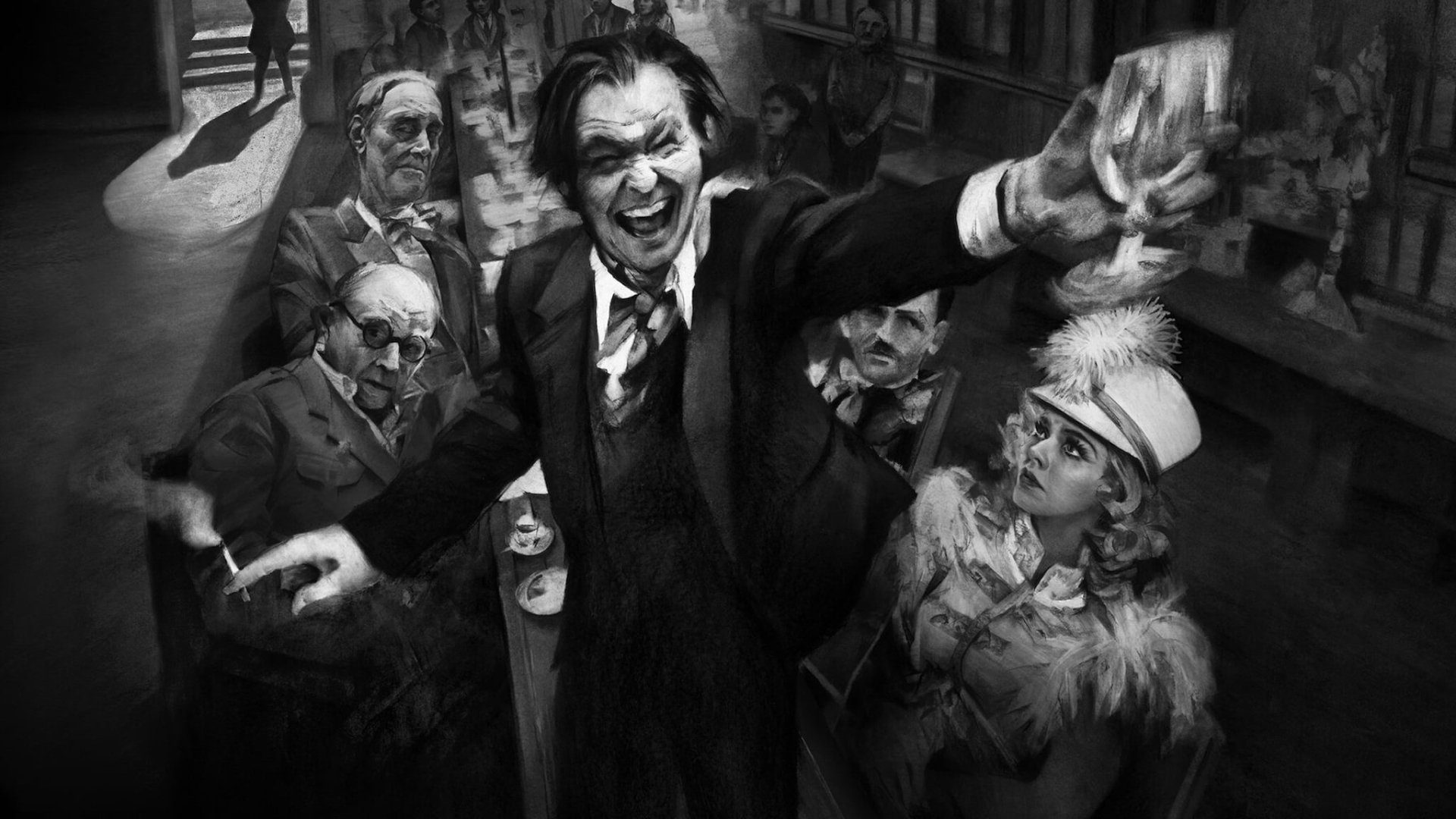In Hollywood, there’s a common saying that an actor can’t be considered a famous performer unless he represents God or his spiritual counterpart. The same might be said about filmmakers and their drive to make films about Hollywood. From ‘La La Land’ to ‘Tropic Thunder,’ to ‘Once Upon A Time…In Hollywood,’ plenty of films have addressed various aspects of the entertainment industry in recent years.
What makes David Fincher’s black-and-white recreation of how the script for “Citizen Kane” was created stand out is how difficult the effort must have been. After ‘The Social Network,’ this is Fincher’s latest biopic. Although he doesn’t have Sorkin’s blazing monologues to set the tone for him in this film, he still has his late father’s quiet perseverance and a strange connection with the criminally under-appreciated scriptwriter whom the film follows.
It was told that Citizen Kane was a type of film which shouldn’t be remade again, although Mank shows the process of Making this film, it feels like a remake. Also if you haven’t watched Citizen Kane, then you won’t understand this entire film. Because it has a lot of references, easter eggs, and camera shots related to Citizen Kane, it tells you the story by just showing all these.
Mank Movie Plot
Herman J. Mankiewicz is recovering in a hospital following a car accident in 1940 when he is approached by 24-year-old Orson Welles, who offers to create a story for him based on his experiences with William Randolph Hearst, the largest media mogul at the time. Welles has signed an extraordinary deal with RKO Radio Pictures for his first feature, which gives him complete creative control over the film without the need for studio scrutiny.
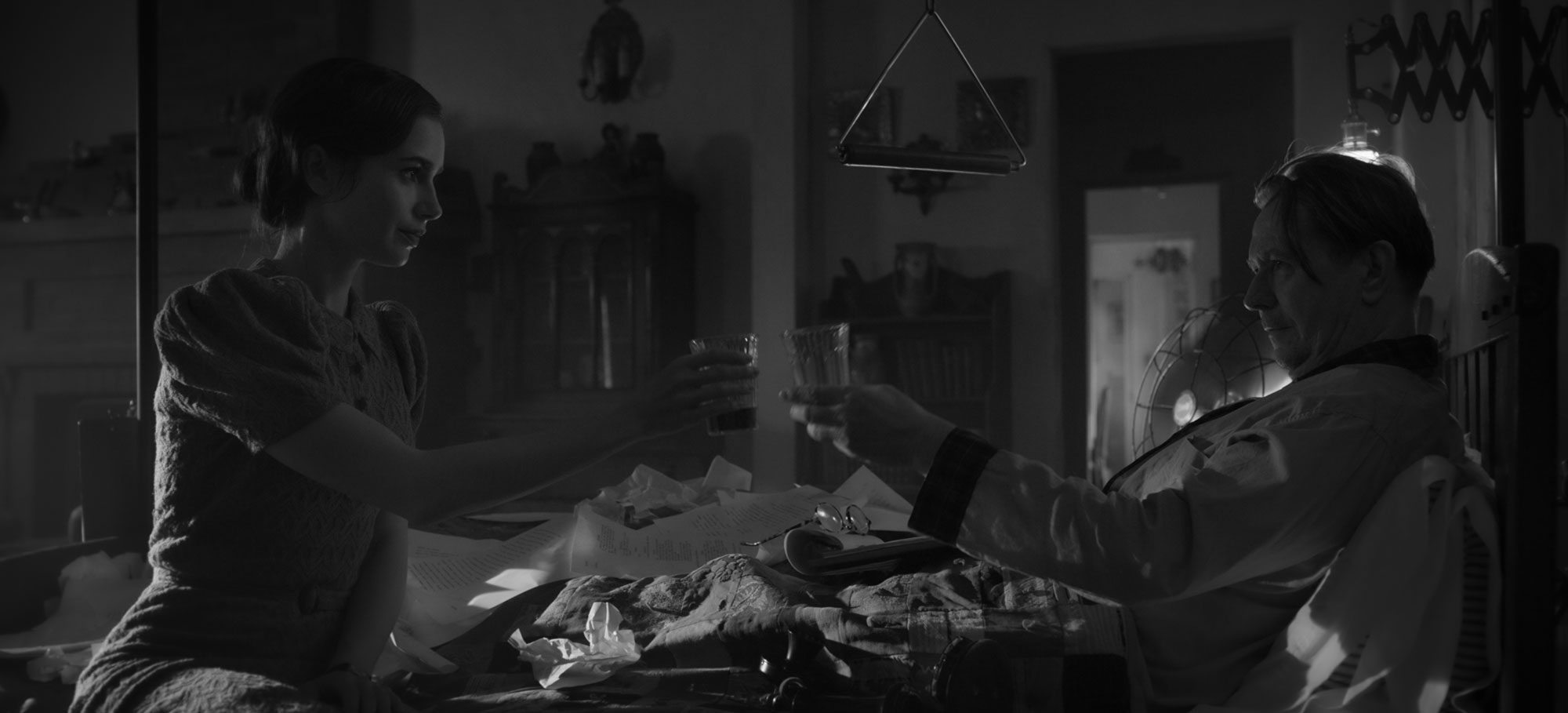
He likely chooses Mank for two reasons: he was formerly a member of Hearst’s inner circle, and he has a history as a ghostwriter. Mank has worked on a lot of scripts throughout the years, including ‘The Wizard of Oz,’ which was initially written by others. He did not, however, earn credit for many of them. In concept, his and Welles’ original agreement is similar. He’ll write the screenplay, and Welles will be credited with it.
Welles shifts a still-injured Mank to a peaceful Victorville property so that he may write without being distracted by his family, writer buddies, gambling, or drink. At the ranch, Mank is accompanied by a typewriter, Rita Alexander, and a health care professional, Fräulein Frieda. Welles has also assigned John Houseman, a theatre figure and long-time partner, to essentially babysit Mank and keep him away from the liquor. Houseman also acts as the script’s editor.
The movie swings between 1930 and 1937, when Mank is developing the script and when he is engaging with the people that inspire the characters in the script. It explains why he decided to write such a script in great detail. Mr. Bernstein has been fashioned after Louis B. Mayer, one of MGM’s founder, and Charles Foster Kane has indeed been modeled after Hearst. Mank, on the other hand, denies that he modeled Susan Alexander Kane on Hearst’s mistress Marion Davies and continues to insist on it to the end.
Mank Ending Explained
The film contains 11 flashback segments that work in combination with the main plotline to bring the story to a satisfying conclusion. In 1930, Mank is still employed by Paramount Pictures when Charles Lederer enters his office and asks him to join him to see his aunt. His aunt is Davies, and it is through her that Mank meets Hearst. Mank rapidly wins over Hearst with his quick wit and personality humor, and he becomes a member of their inner group. Hearst has been one of the world’s most influential and powerful men.
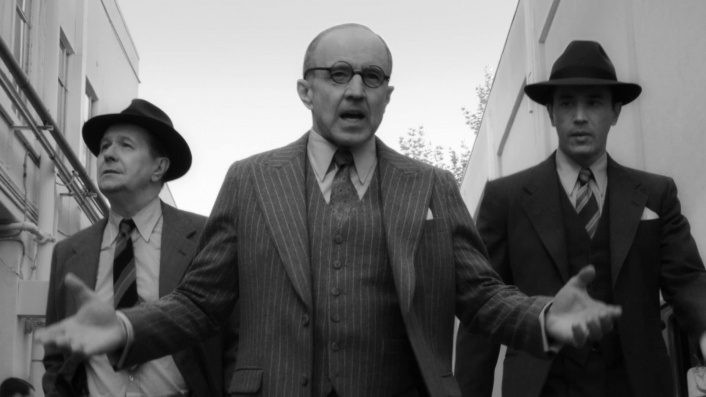
Based on an offhanded statement by Mank, who tells MGM’s senior executive Irving Thalberg that if the company can persuade the public that “King Kong is 10 floors building tall & Mary Pickford is a virgin at 40,” they can persuade them of anything. As a result, the studio embarks on an extremely successful video publicity campaign against Sinclair and his principles. It finally results in his loss and the selection of Frank Merriam as Governor of California, a result that MGM executives intended.
Mank discovers that Hearst paid for the campaign of lies. His companion Shelly Metcalf, who shares Sinclair’s political views, was persuaded to participate in the project by the potential of directing it. Mank’s later outburst is heavily influenced by his subsequent suicide. He is completely aware of his role in Sinclair’s defeat, but, unlike Metcalf, he seeks comfort in his two greatest vices: gambling and drinking.
Also Read: Animated Movies Similar To Minions That Will Make You Go ‘Bananaaa’
The Scrip Is Complete & 4 Close Ones Review It
Sobriety, according to Welles’ opinion, does not benefit Mank’s writing process. He is, if anything, behind schedule. When he restarts drinking, he works as if possessed and completes the script before the deadline. Houseman and Welles are both pleased with the script. Mank calls Lederer to read the script at the ranch.
Lederer is understandably furious, particularly at what he feels to be a humiliating portrayal of his aunt. Despite Mank’s assurances that Susan is not based on Davies, he simply does not believe him. Lederer takes the script with him when he leaves. The script is heavily hinted that it will circulate around all interested parties in the coming days. Hearst and Mayer have already initiated measures to hide the film when Mank’s brother Joe pays him a visit. Despite his criticisms of his brother’s script, Joe acknowledges that he believes it is his best work.
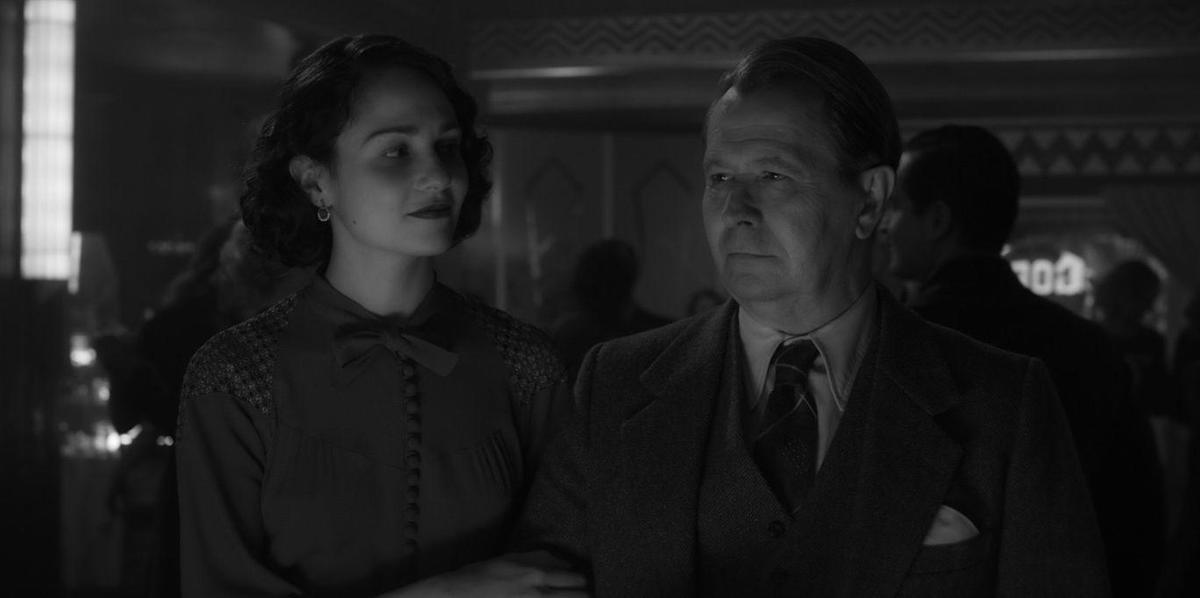
Davies has realized that he must see it through by the time he arrives. They part ways on the condition that they’ll never hold each other responsible for the film’s final outcome. Sara, Mank’s long-suffering wife, is the fourth and final visitor. He repeatedly asks her why she is still with him throughout the movie. It’s a fair question, given his self-destructive nature. She finally responds in the final act: she wants to know how it all ends. It’s been a lot of things being a wife to Mank, but it’s never been boring. She understands that it makes no difference what she thinks of the writing since he will do what he believes is best.
Hearst Is Like A Puppet Master
In a flashback, the film’s finale unfolds. Mank is completely drunk as he attends a dinner party at Hearst’s estate in Sam Simeon in 1937. Mank goes into a furious and bitter monologue, comparing Mayer to Sancho, Hearst to Don Quixote, and Davies to Dulcinea, still crying over Metcalf’s death. Hearst developed an excellent media empire through mudslinging journalism while Quixote tilted at fictitious objects like windmills. But it was clear that this was not enough for him.
When Mank accuses Hearst of destroying Sinclair’s election chances by reminding him of who he once was, Mayer lashes out and confesses to Mank that Hearst pays his money through MGM, not for what he publishes, but for what he says. Mank eventually realizes what position he has played in these gatherings all these years: that of a court jester at that point. Hearst informs Mank about the story of the Organ Grinder’s Monkey as he walks him out of his house, reminding him of his position.
Mank may believe he has authority over his own activities, but he has been acting to Hearst’s whims for a long time, according to Hearst. His arrogance is regrettably founded on an incorrect conclusion. Hearst is the ruler of the world in which Mank lives. It’s ridiculous to think that a crazy monkey might rebel against the guy who holds its chain. Mank accepts Welles’ proposal three years after the incident.
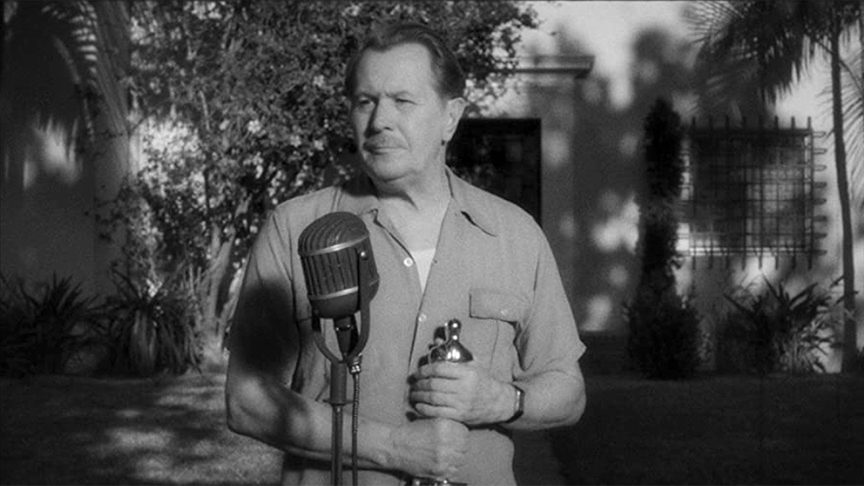
Citizen Kane Releases And Wins The Oscar
When Welles arrives to tell Mank that he is not needed for the rewriting section, he has already decided that this work is his greatest masterpiece and claims credit. He reminds Welles that, while Hollywood insiders consider him a bother, they despise him. As an outsider, he will require as much assistance as possible, as this will be a difficult war. Despite the fact that Welles is correct, he nonetheless tosses the liqueur cabinet against the hearth.
Mank is inspired by this to write the sequence in which Susan leaves Kane. Mank has chosen to continue on course and see where it ends as his wife has done with him. ‘Citizen Kane,’ despite the obstacles created by Hearst and Mayer, is premiered in 1941, with Mank and Welles receiving the writing credits. The film is nominated for eight Academy Awards and succeeded in the category of Best Writing. They are both absent from the ceremony.
The cheering that follows the announcement of Mank’s name drowns out the presenter’s announcement of Welles’ name. Welles thinks that there was indeed a Hollywood bias at work when ‘Citizen Kane’ only succeeded in the category where an insider was nominated, as he expresses in an interview. Mank claims himself as the script’s only author throughout his award speech.
Also Read: Top 10 Walking Dead Episodes Ranked: Glenn’s Death Is Not On The Top


